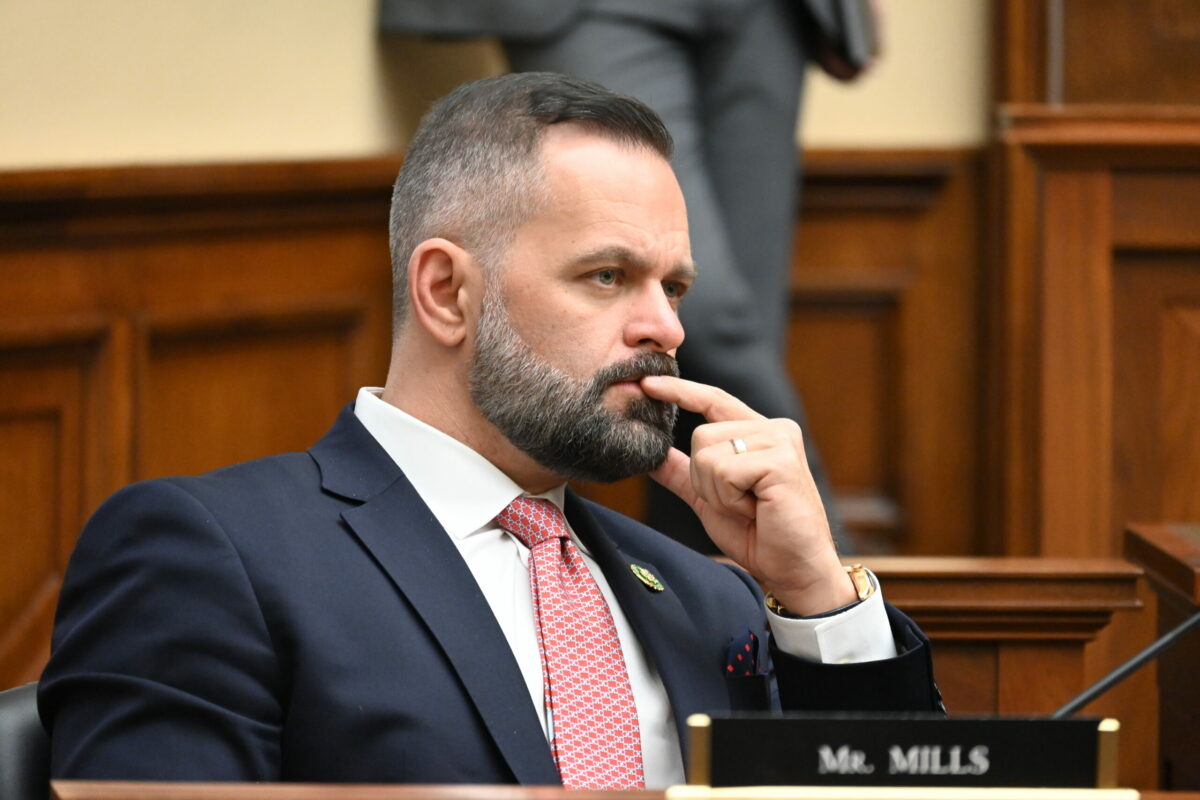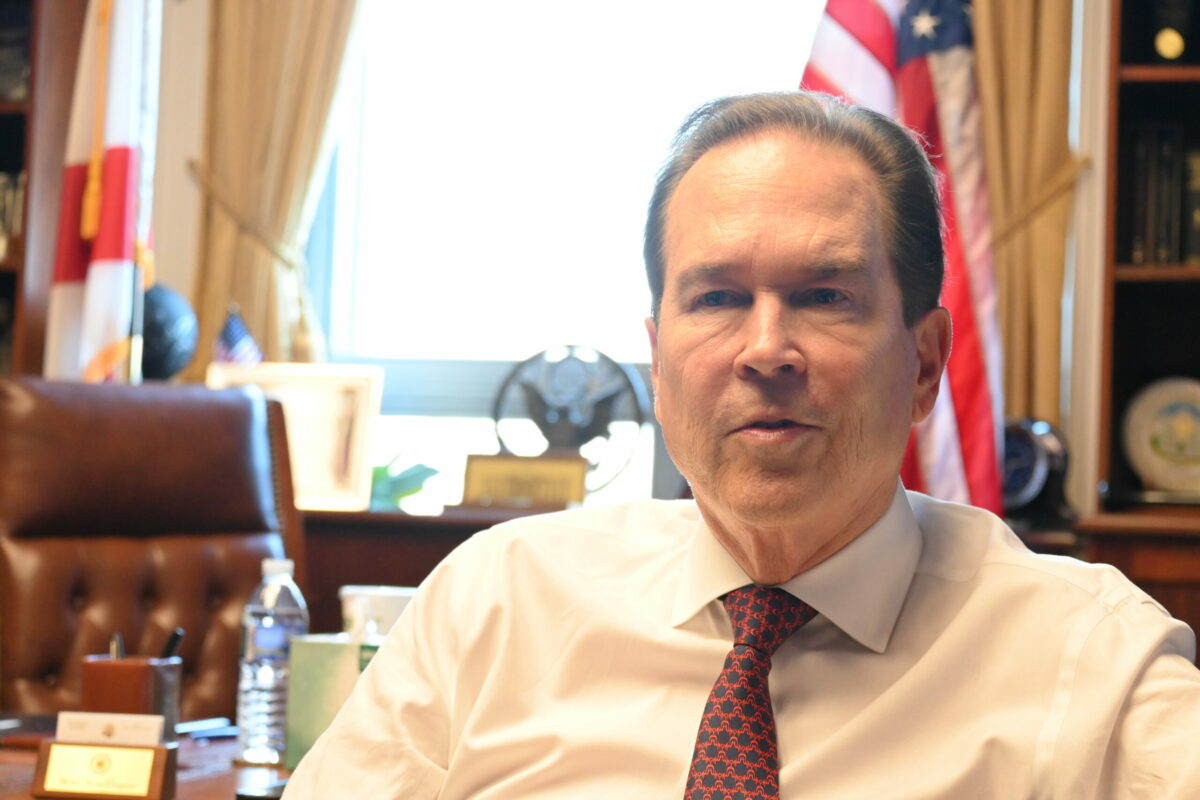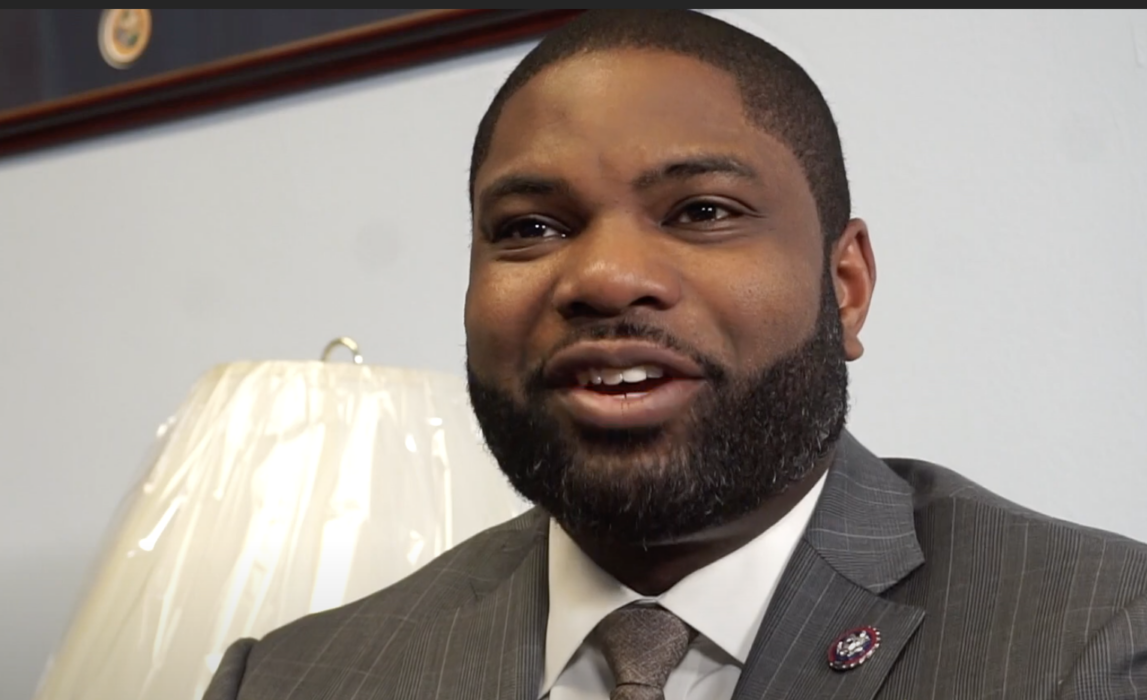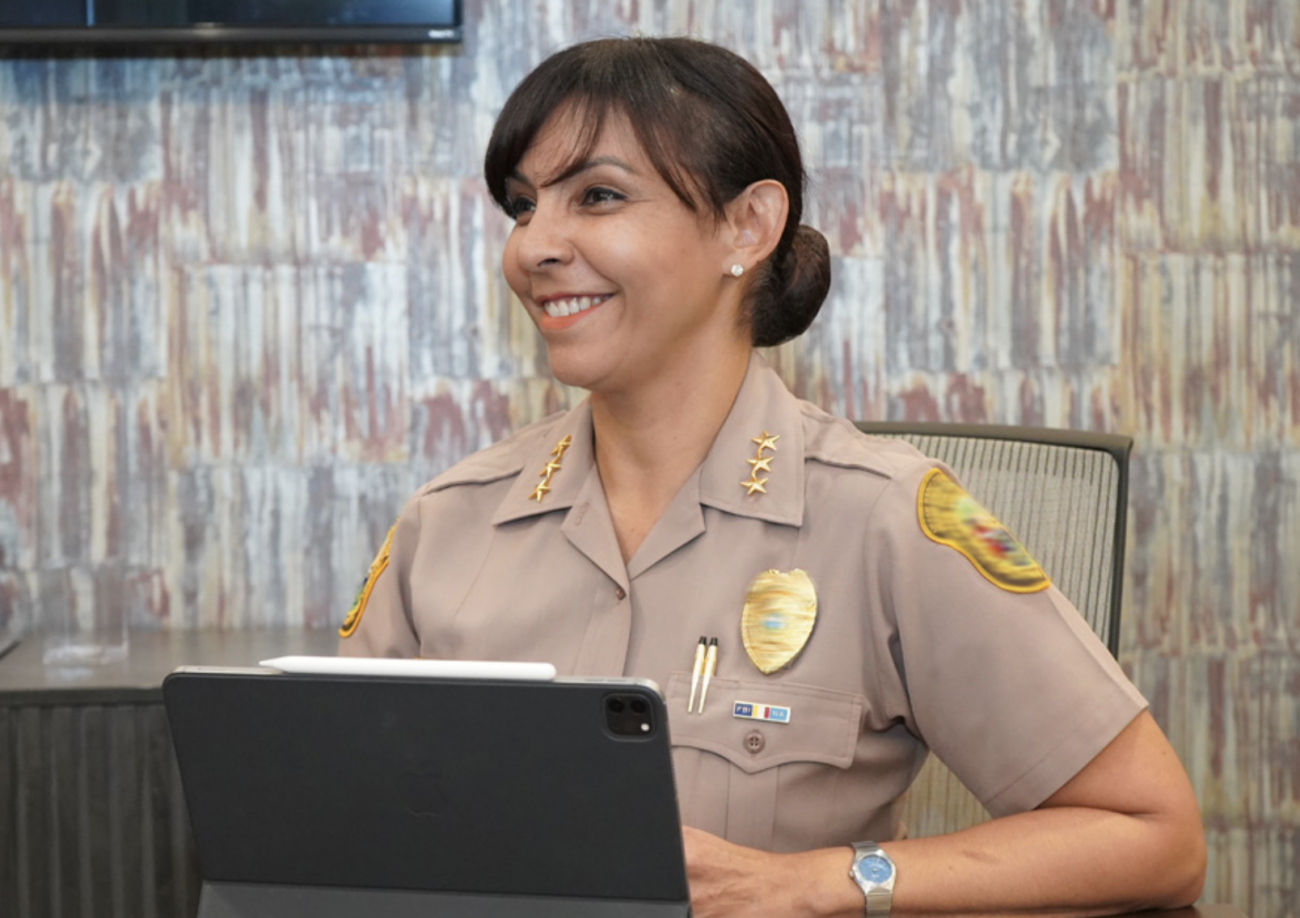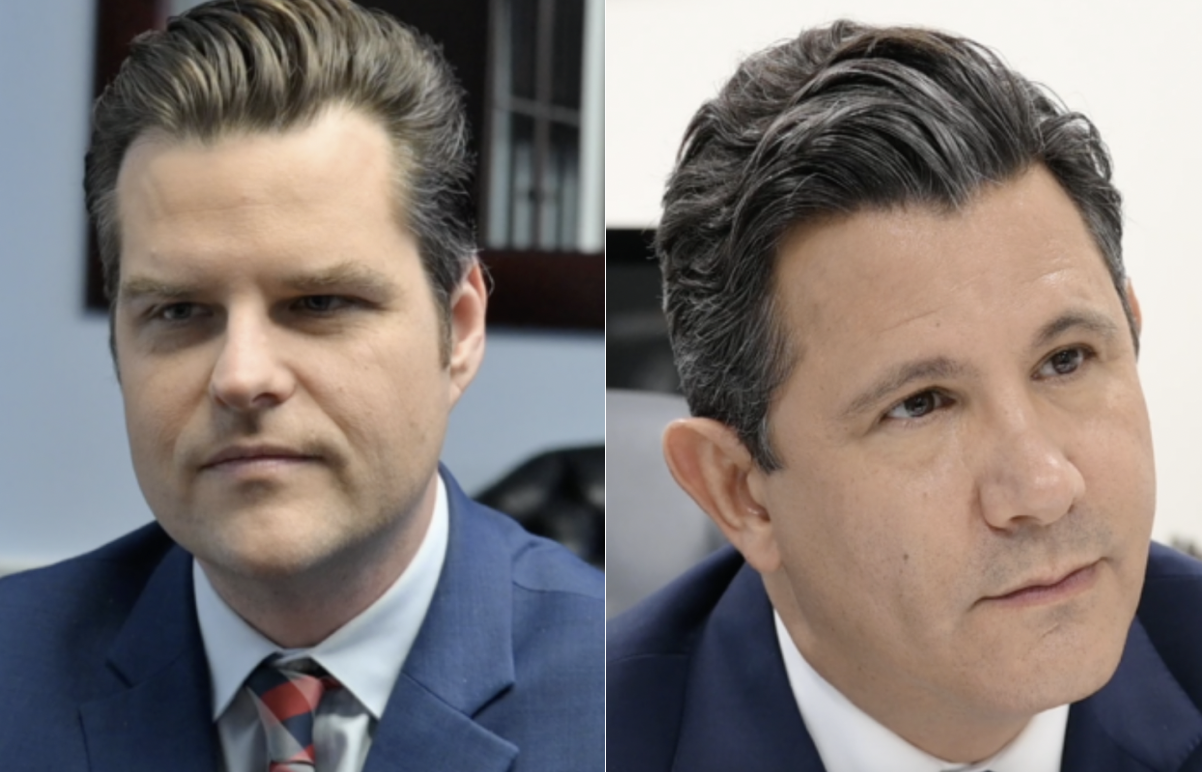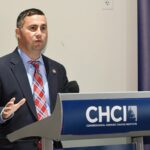A bipartisan group of members from Florida’s delegation is working together to codify safety regulations concerning offshore drilling.
This week, Florida Reps. Charlie Crist (D), Francis Rooney (R) and Vern Buchanan (R) joined California Rep. Nanette Diaz Barragán (D) to unveil the “Safe Coasts, Oceans, and Seaside Towns (COAST) Act,” which aims to codify “two of the common-sense safety regulations implemented after the 2010 Deepwater Horizon explosion.”
This comes as a response to rumors that the Trump administration will be rolling them back.
Rep. Charlie Crist commented that “the administration’s decision to roll back protections on off-shore drilling is a disappointment to all Floridians and a threat to our way of life.”
Recounting his time as Governor of Florida, Crist explained that “when the Deepwater Horizon rig exploded and dumped more than 200 million gallons of oil into the Gulf of Mexico, I saw first-hand the effects a tragedy of this magnitude can have on our environment and on our economy.”
Buchanan sounded off on the decision, saying that it “is a reckless and dangerous decision that threatens Florida’s Gulf Coast.” In addition, Buchanan questioned if “we learned nothing from the Deepwater Horizon catastrophe?”
And, the Florida Republican noted that “it would be a monumental mistake to lift these safeguards, which were based on recommendations by a bipartisan national commission in wake of the fatal 2010 disaster.”
Crist, echoing in Buchanan’s words, argued that “we should learn from past mistakes, not hand over the fate of our coasts and oceans to the oil and gas industry. These rules are vital to protecting our coastal communities and must remain in place.”
Rooney expressed his support for the measure by citing that “even the potential for an oil spill presents an existential threat to Florida.”
Though “no oil reached the west coast of Florida” during the catastrophe, “50, 000 jobs were lost.”
Furthermore, Rooney detailed that “if any spillage or other residual effects of a spill were to reach the Loop Current, which runs clockwise down the west coast, oil and tar balls would find their way along the coast from Tampa to Key West.”



